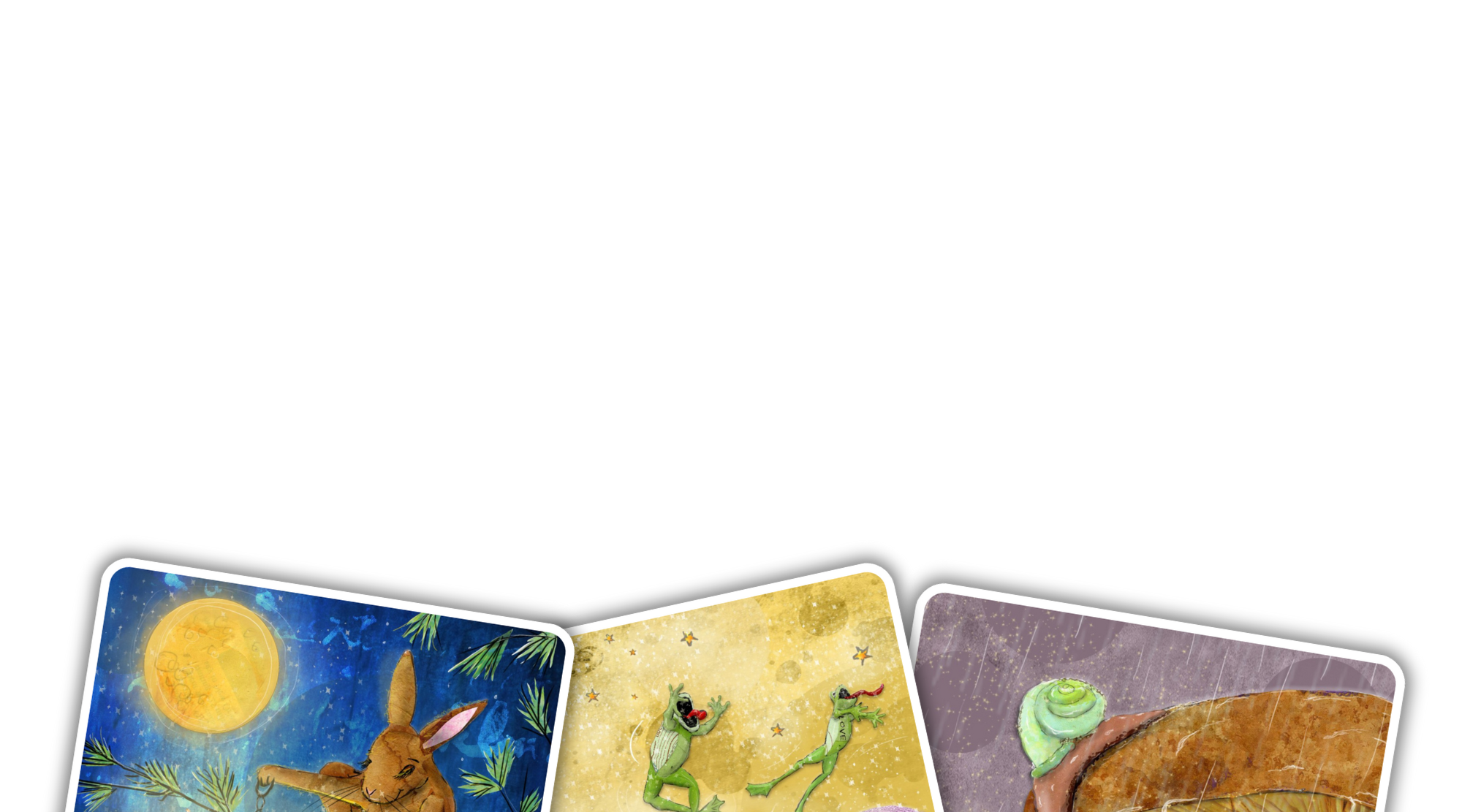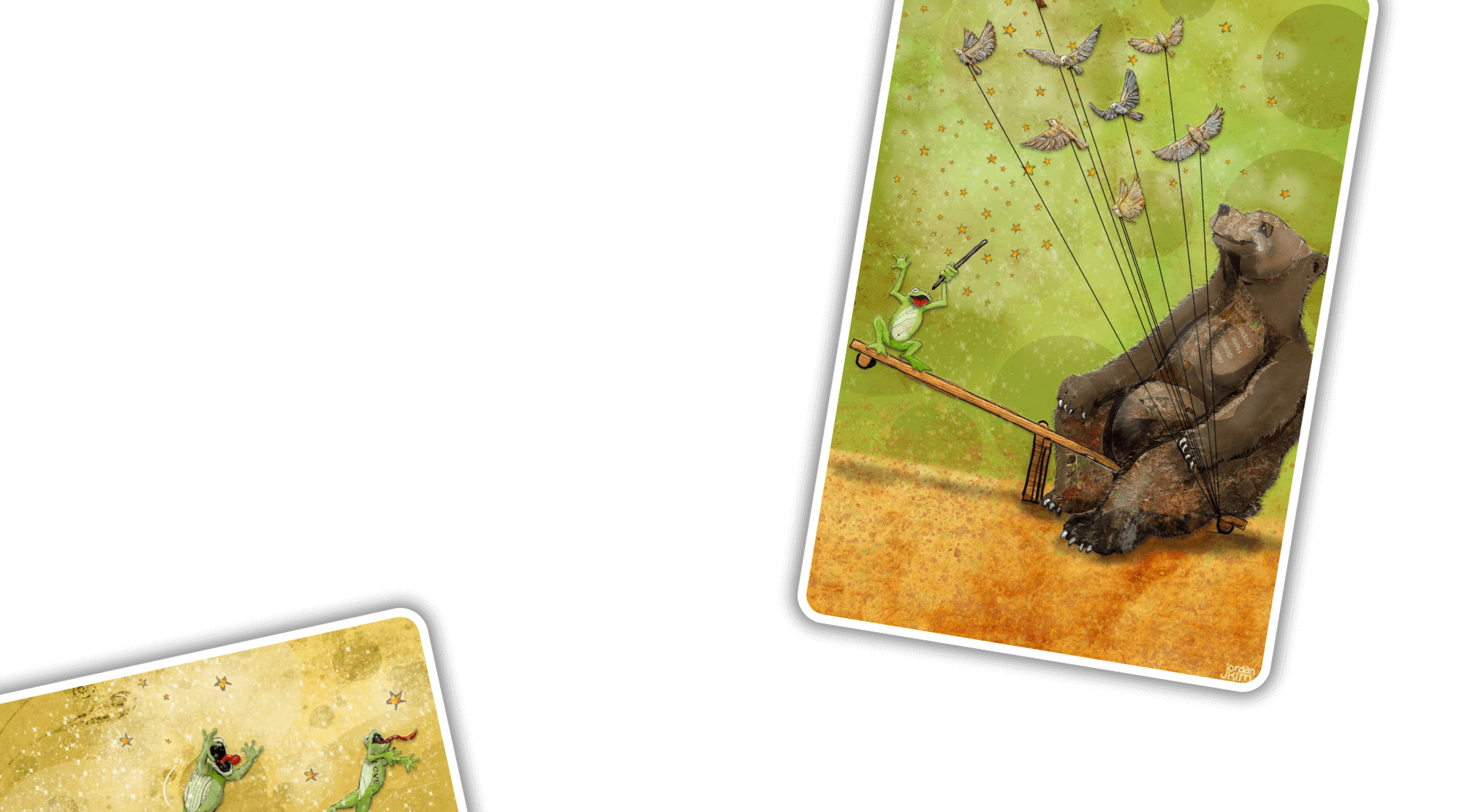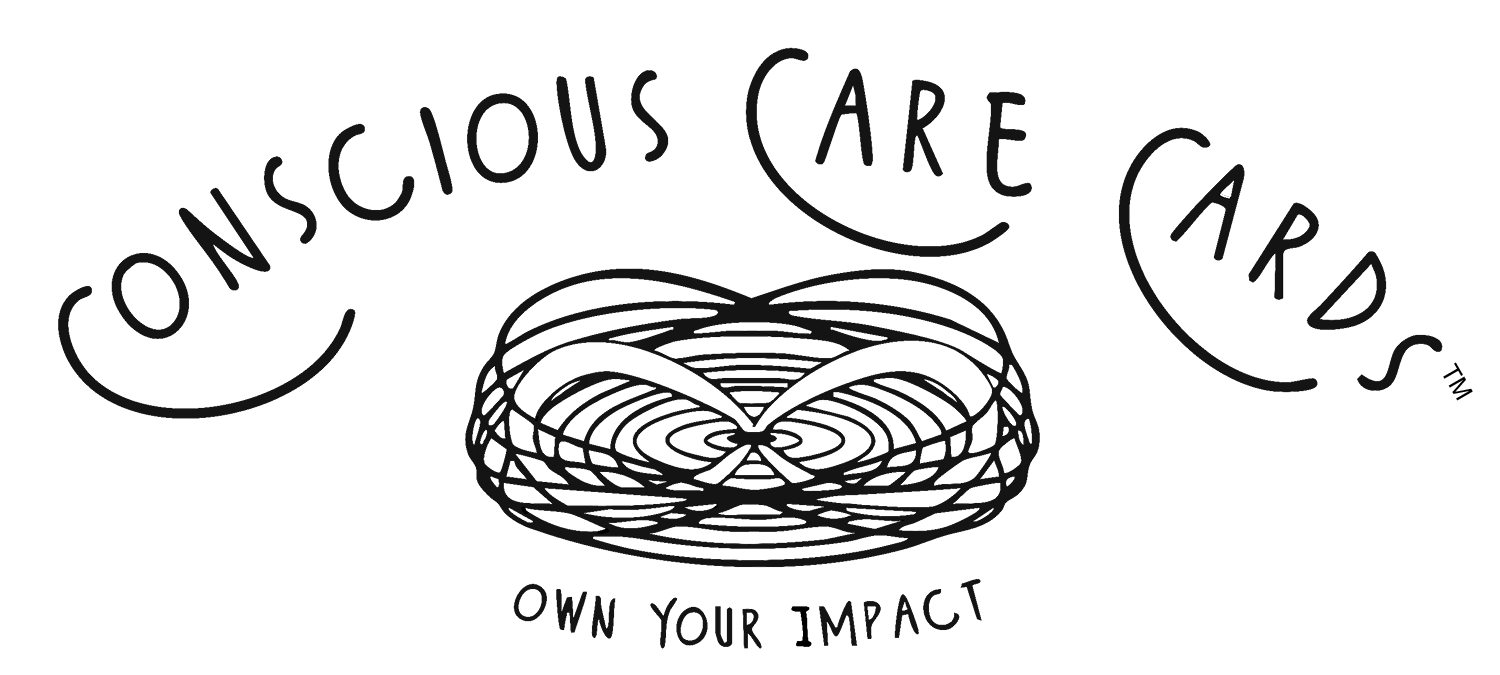WHAT DO CONSCIOUS CARE CARDS OFFER?
The number one thing every parent wants for their child is true happiness—authentic, lasting happiness.
But how can you achieve this?
Through small, intentional, research-backed steps, 72 Conscious Care Cards, divided into 6 categories, empower parents to create a nurturing environment that promotes their child’s well-being and emotional growth.
THE NEST IS THE mindful CONTAINER FOR YOUR LOVE
Intentionally Create Your Nest: Create a caring environment by establishing a conscious, nurturing space to focus on your child, building trust and connection.
THE MAGIC WAND IS YOUR TIME TOGETHER
Together, these cards will help develop essential skills for your child to thrive now and as an adult while strengthening your bond.
The magic lies in your approach—embracing curiosity and humility to create a shared journey of learning and growth.
THE CROWN IS MY KNOWLEDGE BEING PASSED TO YOU
These skills might also be new to you. With my decades of experience, I will "crown you" with the knowledge needed to strengthen your emotional awareness and teach your child the value of self-reflection and emotional expression as a means to greater happiness.

How to use your cards
72 cards; 12 categories - Each card contains a 5–15-minute activity that incorporates mindfulness, neuroscience, and behavioral principles.
By consistently using Conscious Care Cards, caregivers can help nurture their children's long-term mental and emotional well-being.
Before You Use the Cards, Prepare a Supply Box:
Paper
Cardboard
Crayons and markers
Pens and pencils
Egg timer
Tea light
Headlamp
Balloons
Bubbles
Aluminum foil
String, tape, and scissors
Additional supplies will be specified on individual cards
Optional, but highly encouraged:
Buy a Conscious Care Candle together to light every time you use the cards. Reminding you both that this time between you is special. Your connection is important.

While Using the Cards
The premise of this box is to encourage caregivers to model emotional awareness, emotional insight, and interpersonal sensitivity to help their child learn the importance of putting feelings into words as one of the essential skills for creating a successful and satisfying life. Tune into your child using the neuroscience of connection and learn how to put feelings into words together. Please:
Engage Fully
Use eye contact, sit close, and make physical contact (e.g., shoulders touching or sitting on your lap). Physically touching helps secure your attachment and reinforces your bond.
If child is neurodiverse or uncomfortable with touch, engage in ways that is more comfortable for them.
Never Rush or Force
Avoid using the cards if you’re feeling hurried, angry, or closed off. If you cannot get out of an activated state, wait until you can.
Repetition and Follow-Up Are Key
Reusing the same card multiple times strengthens neural pathways and increases the benefits of the activities.
Overtly model emotional intelligence and feeling using the skill throughout the weeks. Talk specifically about how it helped.
Follow up with your child about how they’ve been applying the new skills.
Bring up the skills on the cards during everyday moments.
The Importance of Establishing a Routine
Routines regulate the nervous system, creating predictability and reliability. Establishing this mindful routine together:
Reduces stress hormones
Promotes self-regulation and empowerment
Increases overall well-being
Heals trauma
Research supports healthy routines—this is why we ask that you always start and end the Conscious Care Cards the same way to communicate safety to the nervous system.
Conscious Care Cards Heal
Engaging in joint parent-child activities that involve articulating feelings can significantly enhance emotional regulation and strengthen the parent-child relationship. When a caregiver actively participates in learning and articulating emotions alongside their children, it fosters a supportive environment that promotes emotional development and strengthens familial bonds.
Art Heals
Before starting a new activity, enjoy the art on the card together and talk about how it makes you feel. Display the card or the art you create together around the house, such as on the fridge, as a visual reminder of your relationship. Research shows that displaying shared artwork reinforces emotional connection and is a tool for positive communication. Studies have also found that making art together enhances parent-child relationships by promoting trust and mutual understanding.
Play Heals
As you do the card together, fully embrace the joy of play. Allow yourself to let loose, laugh, and have fun. Smiling and making eye contact with your child floods your brains with happy hormones like dopamine and oxytocin. These hormones strengthen emotional bonds, reduce stress, and promote well-being. Research consistently shows that play and shared laughter enhance connection, improve mental health, and foster stronger relationships between children and caregivers.
Closing Reflection Time
Ending each activity in the same way calms their nervous system. Close by saying: “We are done with this card. As you check into your body, what feeling do you feel? Let’s try to name all the feelings we feel right now together.”
Encourage feeling words: Ask your child how they felt.
Use open-ended questions (not closed- yes or no questions) to help your child find feeling words and integrate this new skill.
Model emotional expression by sharing how the activity made you feel. Talk about your own body clues.

Enhancing Therapeutic Relationships Through Conscious Care Cards
Using these cards alongside therapy can significantly enhance the benefits of the therapeutic relationship.

Seek Professional Guidance
If your child is navigating complex emotional challenges, working with a therapist can provide valuable insights and strategies. Therapists can also guide you in using these cards to support your child’s emotional growth and well-being effectively.

When used as directed, Conscious Care Cards are backed by research supporting the following preventive benefits are possible:
Anxiety
Depression
Isolation
Panic attacks
Substance use disorder
Suicidal ideation
Antisocial behaviors
Overwhelm
Reactivity and impulsivity
Stress-related illnesses
Mood swings
Inflammation & high cortisol levels
Self-destructive behaviors
NEED MORE SUPPORT?
If you are seeking further support, please join our growing community to access videos, support forums and a deeper explanation of each activity.




